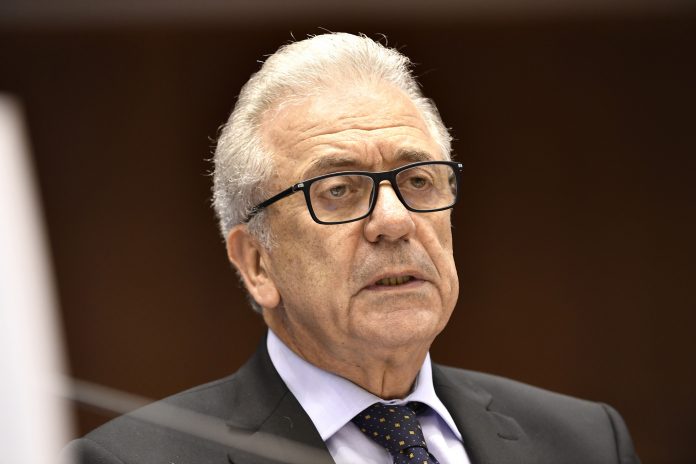After a push for wide-ranging reforms before the European elections failed to win support, the European Union is searching for agreement on a temporary deal on the handling of migrants and refugees rescued at sea.
Based on plans tabled by the European Commission and currently under review, a temporary mechanism will be established to manage rescue boats. This is in response to a series of incidents in which vessels were unable to dock in any Mediterranean port.
As reported by the Guardian, the latest case concerned 49 people who were at sea for almost three weeks onboard two German NGO ships, SeaWatch 3 and Sea Eye. They were allowed to disembark in Malta after a deal was struck to disperse them among eight EU member states.
Speaking in the European Parliament on January 15, the European commissioner for migration, Dimitris Avramopoulos, said the incident was shameful and called for an end to “unorganised ad-hoc solutions”.
A spokeswoman said: “The commission stands ready to work with member states in order to set up temporary arrangements that can ensure solidarity with the most exposed EU countries, which can serve as a bridge until the new Dublin regulation becomes applicable.”
The Dublin regulation is a draft EU asylum law that has stalled over proposed quotas to distribute asylum seekers around the bloc. EU legislators – ministers and MEPs – have given up hope of a breakthrough before European elections in May.
According to EU sources, the Commission’s latest idea does not include quotas, nor prejudge decisions on the Dublin regulation. Elements could include EU funds to return refused asylum claimants to their home countries.
The Guardian reported that the plan has backing from around 10 EU member states, including France, Germany, Spain, Portugal and the Netherlands. It does not have support from Hungary, which argues that the policy would encourage more people to attempt the sea crossing.
The commission said it was not searching for unanimity but for a “critical mass of countries” to get the plan off the ground.

